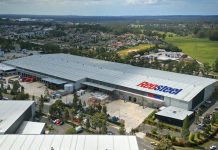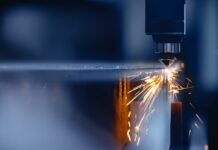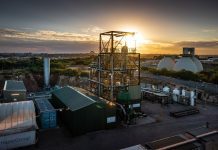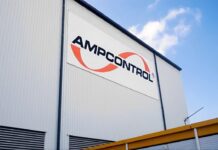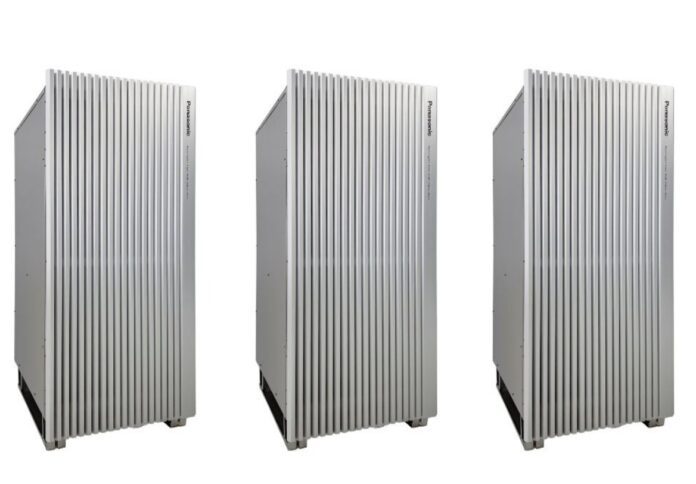
Panasonic is set to introduce commercial sales of Hydrogen Fuel Cells to the Australian market starting October 2024, acknowledging the burgeoning green hydrogen industry’s growth in the country.
The tech giant will bolster its commercial offerings by unveiling the PH3, the latest iteration of its H2 KIBOU pure hydrogen fuel cell generator that produces DC power, as revealed in a media release.
With a maximum capacity of 10kW, the new PH3 model doubles the capacity of its predecessor, the PH1 model (5kW), reflecting Panasonic’s ongoing research and development in hydrogen fuel cell technology.
According to the firm, Australia has been identified as a key focus region alongside Europe and China (outside of Japan) for the launch of the PH3 model, indicating Panasonic’s strategic intent to fortify its presence in the domestic renewable energy sector and expand its hydrogen business globally.
In preparation for the commercial launch, Panasonic has actively engaged stakeholders across the Australian renewable hydrogen value chain.
Collaborations include a field test with ATCO Gas in 2022, deploying Panasonic’s 5kW fuel cell at the ATCO Clean Energy Innovation Hub in Jandakot, Western Australia.
Furthermore, Panasonic has partnered with Optimal Group, a locally-owned energy solutions business, to develop applications for its stationary Hydrogen Fuel Cell technology in the Australian market.
Trials are underway for a 5kW unit tailored for commercial applications, aligning with the impending launch of the PH3 model.
Paul Reid, managing director of Panasonic Australia, emphasised the significance of the PH3 launch in expanding the company’s sustainability solutions portfolio for the Australian market.
“Panasonic has been conducting successful field trials of its Hydrogen Fuel Cell technology in Australia since 2022, but this new solution will offer a highly flexible and scalable platform suitable for a variety of commercial and industrial applications across Australia,” stated Reid.
Craig Dugan, CEO of Optimal Group, echoed Reid’s sentiments, highlighting the crucial role of hydrogen fuel cell technology in Australia’s energy transition towards decarbonisation.
“Hydrogen is going to play an enormous role in the decarbonisation of our energy needs, and we see hydrogen fuel cell technology becoming an increasingly viable solution for delivering a successful energy transition in Australia,” Dugan remarked.
The new Panasonic PH3 model employs a cogeneration system, generating 10kW of DC power and approximately 8.2kW of heat through a chemical reaction between high-purity hydrogen and oxygen in the air.
Notably, the tech giant said the PH3 offers flexibility across various environments, with multiple modules connectable and power output adjustable between 4kW and 10kW in 1kW increments.
It noted that rigorous testing has demonstrated high-efficiency rates, contributing to reduced hydrogen usage and operational costs, while an extended overhaul stop period of 15 years enhances operational longevity and reduces life cycle costs.


